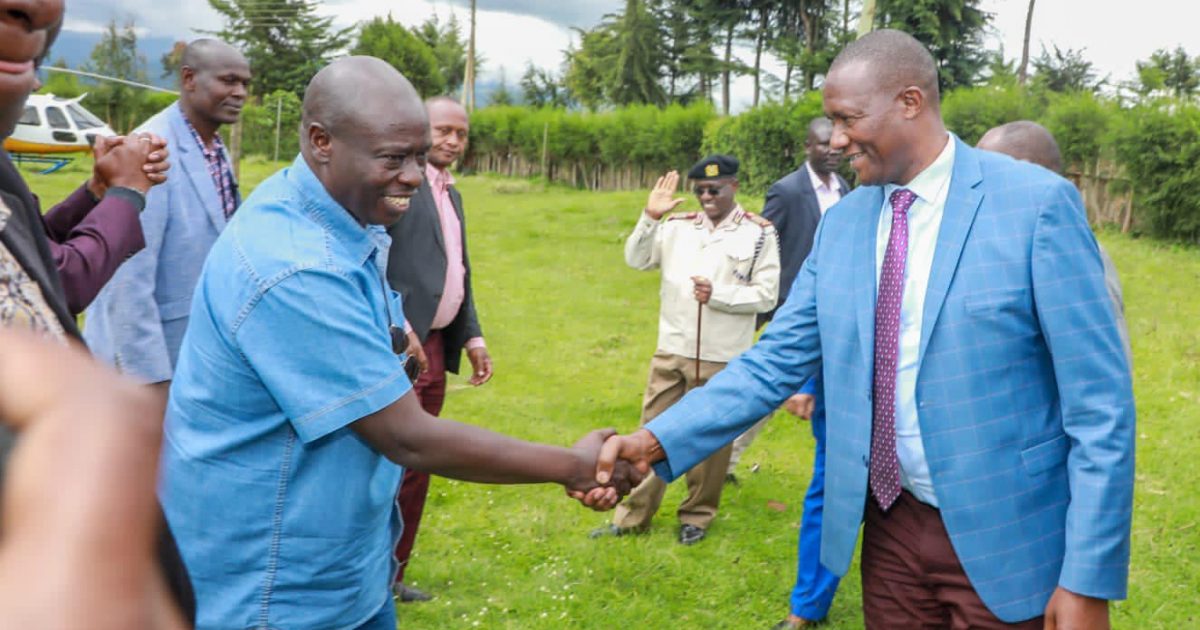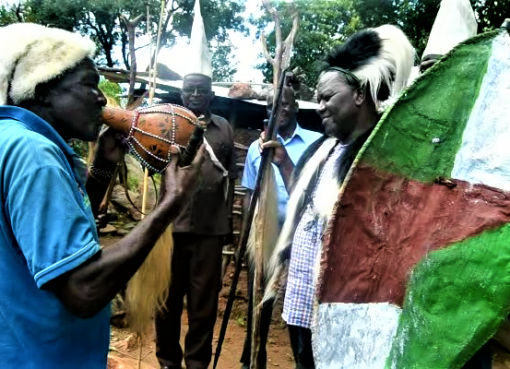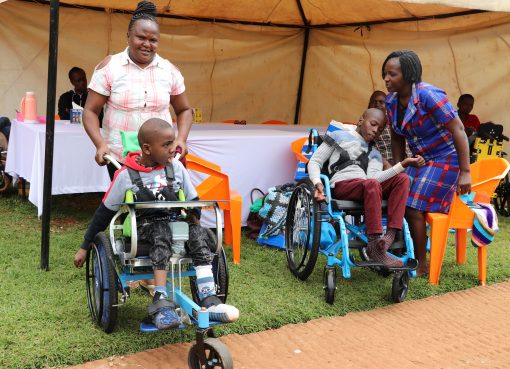Nyandarua County Government is documenting, preserving the Mau Mau history and establishing a museum at the colonial house in Kinyahwe, Gathara ward, Governor Kiarie Badilisha has announced.
Speaking when he visited the home of departed freedom fighter Mukami Kimathi in their Njabini home, Governor Badilisha also amplified his earlier call for the national government to look into ways of identifying the remains of Dedan Kimathi who was killed by the colonial administration and allegedly buried at Kamiti prison.
Charged with the responsibility to chair the county team planning for her funeral, Governor Badilisha held a meeting with the family, the clergy, county Members of Parliament, and national government stakeholders on according the departed heroine a befitting burial.
“Let us bring closure to this sad chapter by identifying the site the body is buried, and bury that hero with the honour he deserves.
“The late Mukami was a distinguished freedom fighter and we will be burying a patriot whose contribution to the birth of a modern independent Kenya is eternally embedded in the history of this Republic; she deserves state honour and rites as a freedom fighter,” said Badilisha.
Before her demise, the Mau Mau heroine had sworn not to be buried until the remains of Dedan Kimathi were found or his graveyard identified.
Her family however, said that they had decided to bury her this coming Saturday but will continue with their resolve to identify Kimathi’s graveyard.
The event was graced by the Deputy President Rigathi Gachagua who promised to foreground issues and welfare of the Mau Mau.
The Deputy President assured county residents of his commitment to addressing the historical injustices that have faced the freedom fighters and their families.
The late Mukami will be buried on Saturday in Njabini in a ceremony expected to be graced by President William Ruto.
The late Mukami died on Thursday night aged 96 years. She was the wife to Mau Mau general Field Marshal Dedan Kimathi Waciuri who was captured and hanged by colonialists in February 1958.
By Antony Mwangi




